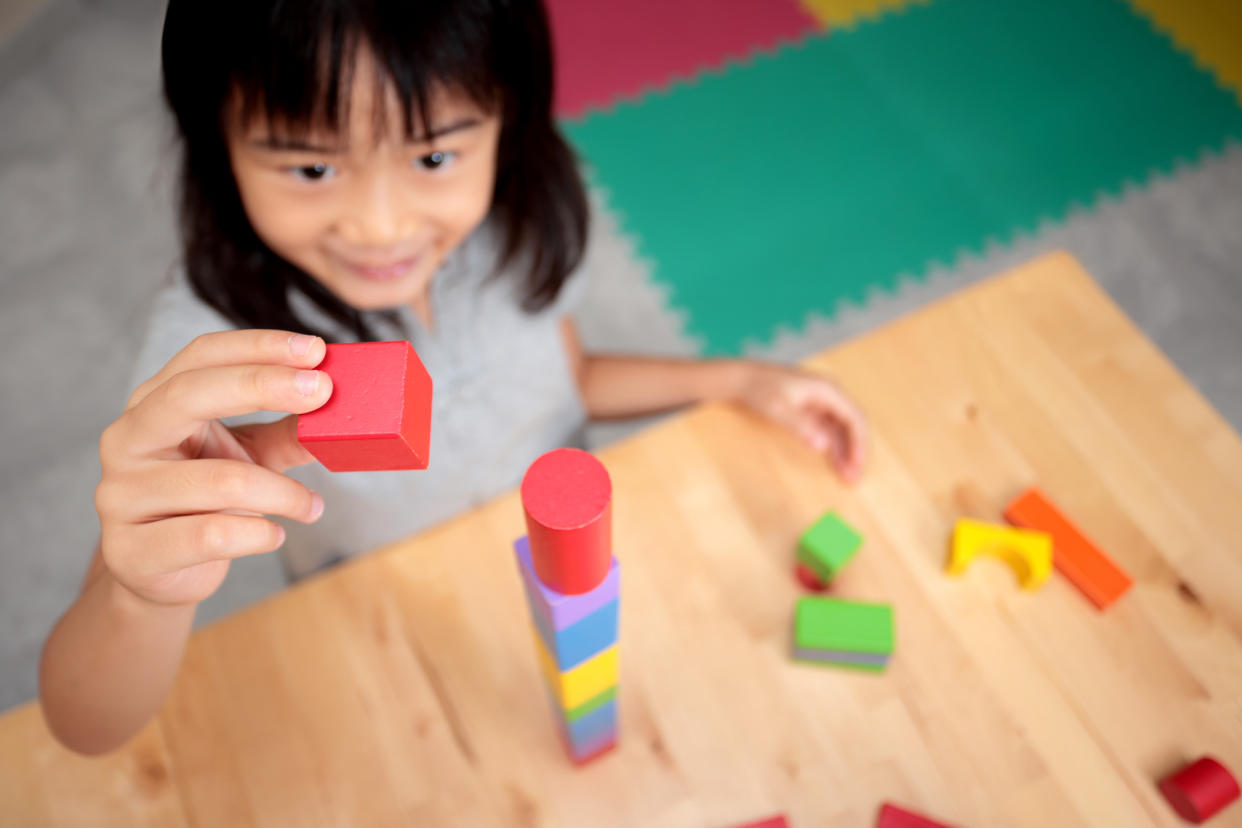National Day Rally 2017: Govt to build institute for preschool educators, open up more places for kids

Singapore’s government will build a centralised training institute for those looking to become preschool teachers and carers as part of efforts to attract more people to join the sector.
The National Institute of Early Childhood Development (NIEC) will bring together the various preschool teacher training programmes – those at Temasek Polytechnic, Ngee Ann Polytechnic, the Institute of Technical Education (ITE) and the SEED institute – under one roof, said Prime Minister Lee Hsien Loong in his National Day Rally speech at the ITE College Central in Ang Mo Kio on Sunday (20 August) night.
The subject of preschool was one of the three main issues brought up in PM Lee’s annual address; the other two being Singapore’s efforts to combat diabetes and the push to build a Smart Nation.
“Preschool is important to give our children a good start and have the best chance to succeed in life,” he said.
“In the past, we started at Primary 1, when the child is seven years old. But now we know that it is important to start much earlier… to build sound foundations for them, for life,” he added, while noting the importance of making the most of the “formative windows of a child’s development”.
Lee went on to highlight the areas in which the government will be looking to give the preschool sector a boost, namely, improving the quality of preschool education; increasing the number of preschool places available; upgrading the profession of preschool teachers and carers; as well as helping children from low-income and vulnerable families.
Annual spending on preschools has more than doubled over the last five years, from $360 million in 2012 to $840 million in 2017, Lee said. This amount will be doubled again over the next five years, to $1.7 billion in 2022.
“It is a heavy but worthwhile investment. But all this will be for nought unless young parents do your part, so please have a few more babies!” said Lee with a laugh.
Improving career prospects
The NIEC will provide a full range of diploma and certificate programmes for preschool professionals, and will have the scale to develop curricula in specialty areas such as music, art, mother tongue and special education.
“The NIEC will be like the National Institute of Education, but it will be for preschool teachers and carers,” said Lee.
Training awards will also be provided for students of the new institute, which help cover their fees and will include an allowance. “Within the larger fraternity, the faculty will have more opportunities for professional development and progression,” said Lee.
“We will also work with employers to ensure good career prospects and competitive pay,” he said, noting that salaries in the preschool sector had gone up in the last five years but will need to improve further as the profession is upgraded.
Giving kids a head start, opening more places
Lee also noted how the government has built up and transformed the preschool sector over the past five years.
Almost 50,000 more childcare and kindergarten places – especially in young estates such as Punggol and Sengkang – have been created, while subsidies were increased to make preschools more affordable and the standards of anchor operators were raised.
The Ministry of Education (MOE) had also started operating 15 MOE kindergartens – which offer quality education at affordable rates – for children aged five to six, Lee said.
In looking to improve upon these successes, the government will create an additional 40,000 new preschool places – raising the total to about 200,000.
The PAP Community Foundation (PCF) will also create more places and build Early Years Centres (EYCs) for children aged zero to four, which will be located in new HDB estates, Lee said. The MOE will also raise the number of kindergartens it operates to 50 over the next five years.
“This way, MOE can make a bigger impact beyond its own MOE Kindergartens, to influence and uplift the quality of the whole sector,” said Lee.
Lending a helping hand
The prime minister noted that there is a “broader social purpose” for placing such emphasis on preschools.
“Access to affordable, quality preschool will help level the playing field for young children… so that all children, regardless of their family background, have the best possible start in life,” he said.
To this end, the government will be looking closely at the results of the KidSTART programme, which has been piloted for over a year.
Aimed at helping low-income and vulnerable families, KidSTART sees mothers getting onto the programme while they are expecting and provides support all the way through preschool. Currently, there are 400 families on the programme and early feedback has been “promising”, said Lee.
“Parents (on the programme) say that their children are more talkative and expressive, and interact much better,” he added.
“If these results are confirmed, we will scale up KidStart to benefit more children.”


